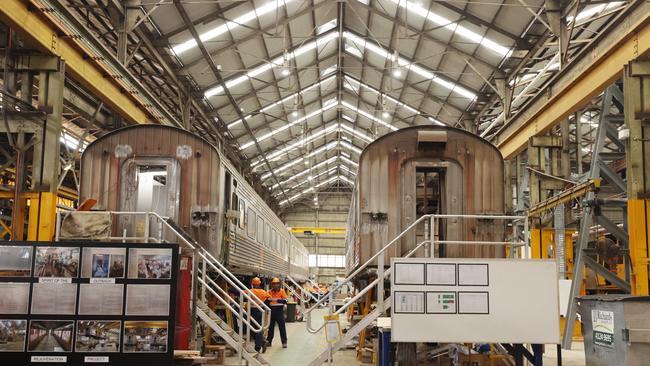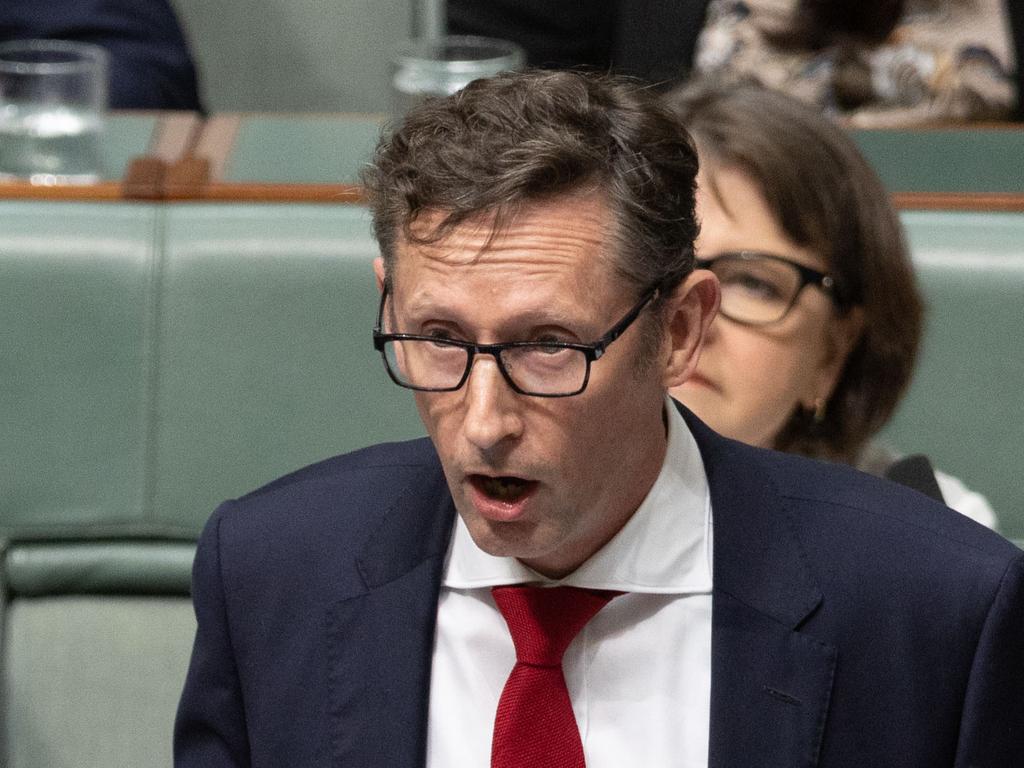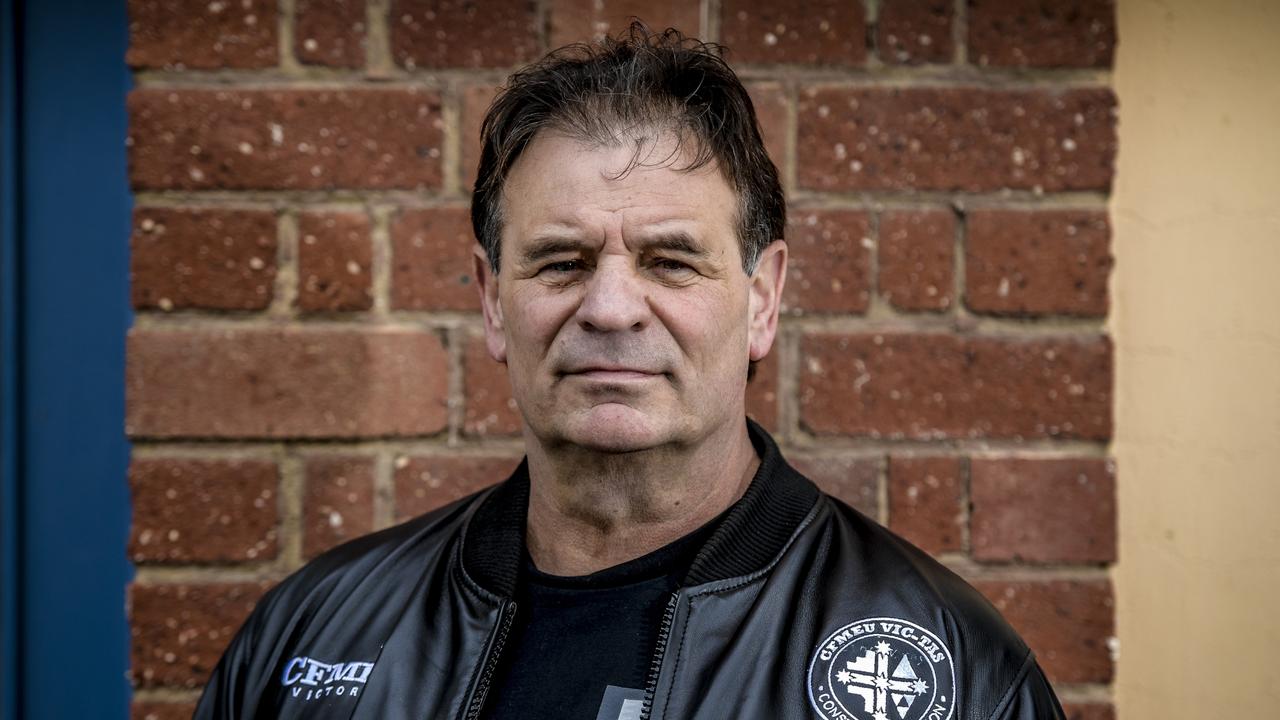Confidence among renters tumbles, helping hold household sentiment at recessionary levels: Westpac survey
Confidence among renters has fallen, helping hold household sentiment at recessionary levels amid soaring mortgage repayments, rents and living costs.

Confidence among renters has tumbled, helping hold household sentiment at recessionary levels amid soaring mortgage repayments, rents and living costs.
Westpac’s consumer sentiment index was unchanged at 78.5 points in March, and Westpac chief economist Bill Evans said “index reads below 80 are rare, back-to-back reads even rarer”.
“Indeed, both the Covid shock and the global financial crisis saw only one month of sentiment at these levels,” Mr Evans said.
“Runs of sub-80 reads have only been seen during the late-1980s, early-1990s recession and in the ‘banana republic’ period of concern in 1986, when the Australian dollar was in free-fall after the Federal government lost its triple-A rating,” he said.
If the broad mood among households was grim, sentiment among renters was dire, with confidence in this group collapsing by 15 per cent in the month to 57pts.
With asking rents climbing at a double-digit pace, a recent PropTrack report found rental vacancy rates have dropped below 1.5 per cent, half the pre-pandemic level and the lowest level since 2018.
Confidence in the outlook for family finances over the coming 12 months dropped by 2 per cent to 85.3pts in March, but renting households again stood out with a 10 per cent drop in this subindex.
But extreme household pessimism has yet to translate into companies’ operating environments, as the newly released NAB business survey showed firms were still enjoying solid conditions in February.
NAB chief economist Alan Oster said “business conditions remained at a very high level in the history of the survey in February”, with the conditions index edging down to 17pts last month.
Operating conditions were high across industries and states, but were particularly elevated in consumer-facing segments, where the index level was at about 20pts.
Westpac’s household sentiment survey straddled the Reserve Bank’s tenth straight rate hike to 3.6 per cent at the March 7 board meeting, and three quarters of those asked following the meeting said they expected interest rates to continue to climb in the year ahead.
“Interestingly, the March move appears to have been more widely anticipated by consumers with little difference in sentiment amongst those surveyed before the decision and those surveyed after,” Mr Evans said.
RBA governor Philip Lowe in a speech last week flagged that back-to-back rate rises could end as soon as the next RBA board meeting in April, provided data on employment, inflation and spending back the idea that tighter monetary policy is having its desired effect.
The NAB business survey – one of four key releases identified by Dr Lowe as feeding into the April rates decision – showed price and cost pressures remained high in February.
JP Morgan economist Jack Stinson said “by themselves, the still elevated inflationary pressures suggested by the survey provide no clear justification for an RBA pause in April”.
Mr Stinson said he expected Thursday’s labour force figures would show a rebound in jobs creation in February, which would add further to the case for a hike to 3.85 per cent on April 4.
Mr Oster said “overall, the survey confirms the ongoing resilience of the economy through the first months of 2023 despite high inflation and the ongoing pass-through of higher interest rates to households”.
“While we expect inflation likely peaked in (the December quarter), price growth remains elevated and the survey suggests that while global goods-side pressures have abated somewhat, there has been less evidence of easing in services-side pressures,” he said.
Mr Evans said he “continues to expect a more material slowdown in demand, but this will likely come later in 2023 when the full effect of rate rises has passed through”.
Three quarters of those surveyed by Westpac after the most recent RBA board meeting on March 7 said they expected more hikes in the year ahead, and 45 per cent said they were bracing for an increase of 1 percentage point or more.
Mr Evans said expectations for the cash rate to climb to 4.6 per cent or more, from 3.6 per cent now, “seems excessive given that the governor has discussed the prospect of a pause”.
Mr Evans said he anticipated a rates peak of 4.1 per cent.





